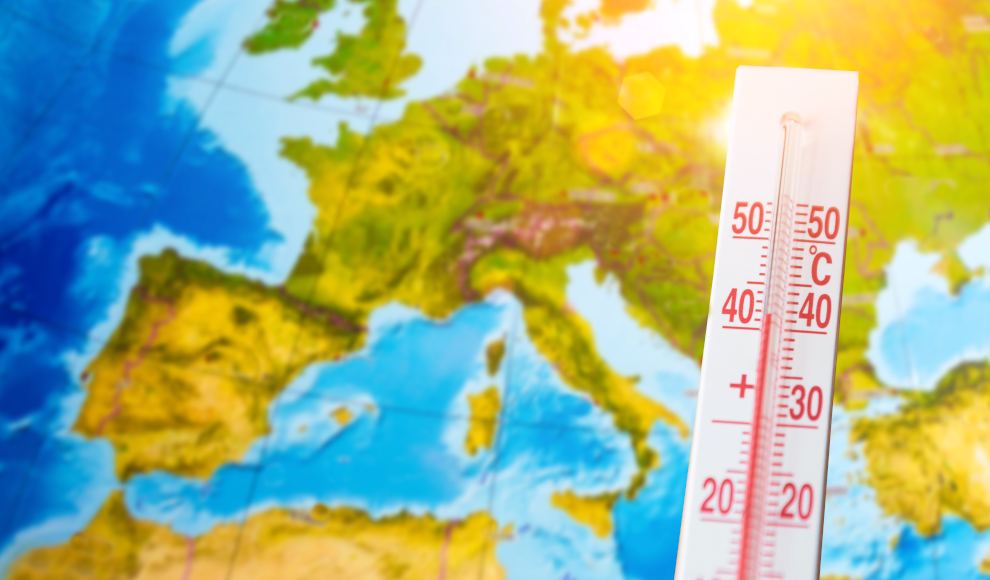The summer of 2022 was the hottest on record in Europe, with over 61,000 people dying as a result of the high temperatures. If no action is taken, heat-related mortality is expected to increase significantly. According to a study by the Barcelona Institute for Global Health (IS Global), published in the journal Nature Medicine, Italy and Spain had the highest number of heat-related deaths, with 18,010 and 11,324 respectively. In Germany, 8,173 people died due to the high temperatures. However, the exact number of heat-related deaths is difficult to determine, as heatwaves are not always registered as the direct cause of death. Statisticians must therefore rely on the systematic analysis of deaths and the comparison of mortality rates in hotter versus cooler summers.
To conduct their study, the researchers analyzed extensive data from 45 million deaths between January 2015 and November 2022, representing 543 million inhabitants from 35 European countries. They compared the number of deaths to temperature anomalies, defined as deviations between observed temperatures and established baseline temperatures. Spain, along with Italy, Greece, and Portugal, had the highest number of heat-related deaths per million inhabitants. France had the highest number of deaths due to heat among people aged 64 and under, while Germany ranked 13th out of 35 European countries in terms of heat-associated deaths per million inhabitants.
The study’s authors urge policymakers to take action to address the issue. Without adaptive strategies to climate change, the researchers predict an average burden of heat-related mortality of around 68,000 deaths per summer by 2030, over 94,000 deaths by 2040, and more than 120,000 deaths by 2050. They call for a reevaluation and strengthening of heat monitoring platforms, prevention plans, and long-term adaptation strategies.
In conclusion, the summer of 2022 was a deadly reminder of the urgent need to address the effects of climate change. The study’s findings highlight the importance of taking action to prevent heat-related deaths and protect vulnerable populations.










